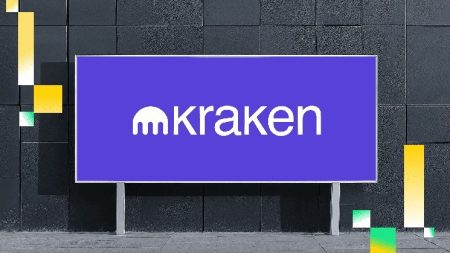In the rapidly evolving world of cryptocurrency, the behavior of transactions and address formats plays a crucial role in shaping market dynamics and regulatory discussions. A significant move in recent weeks, where approximately $8 billion had been transferred from a “1-” address format to a “bc1q-” address format, has brought attention to the complexities associated with address Updates (Au Letters) and their impact on wallet security, functionality, and efficiency. This scenario is not merely an ordinary transaction loss but represents a critical development that could significantly alter how private key handles are managed and who has access to transaction funds.
The implementation of “bc1q-” address formats, introduced to maximize security, reduce transaction fees, and optimize long-term storage, has sparked debates among experts about its implications for institutional cryptocurrency funds, exchanges, and the MLP2 framework. Issues related to wallet security, diversification, and the broader use ofAu Letters raise questions about their appropriate placement in financial markets. Regulatory bodies and financial institutions are actively analyzing the impact of such address Updates to ensure they are deemed safe and compliant with evolving security standards.
Address formats on the Bitcoin (BTC) network have undergone significant transformations in the past few years, reflecting broader changes in the structure and capabilities of cryptocurrency networks. Prior to the adoption of Bech32 addresses, Bitcoin users were exposed to a restricted “1-” address format, which was a shorter and less accessible means of managing private keys. This format was prevalent for many years before being abandoned in favor of the more secure and widely adopted “bc1q-” address format. The transition from “1-” to “bc1q-” addresses has led to a reassessment of wallet security and the practical options available to those managing funds within the Bitcoin ecosystem.
The move that took place yesterday, transferring 80,000 Bitcoin worth around $8 billion, was attributed to a shift from the “1-” address format to the “bc1q-” addresses. This transition, according to crypt色情 analysts, was not merely a case of preference or technical randomness but rather the deliberate move to enhance security, reduce transaction fees, and improve long-term storage of Bitcoin assets. The use of the “bc1q-” format, which is the latest and most comprehensive address format that supports full SegWit functionality, represents a strategic choice aimed at diversifyingHandle addresses and mitigating risks associated with traditional management methods.
Analysis by crypt色情 organizations and market researchers has consistently highlighted the potential downsides of updating addresses frequently, including the risk of unauthorized changes, mismanagement of ownership stakes, and increased complexity in managing funds and wallets. The “1-” address format, while no longer in use, had been a familiar landscape for many participants in the cryptocurrency space, which has created inefficiencies and potential vulnerabilities. The decision to migrate to a more secure address format represents a significant step forward in addressing these challenges and aligns with best practices for maintaining the integrity of blockchain networks.
The shift from “1-” to “bc1q-” addresses has also had broader implications for institutional crypto funds and exchanges. Traders and institutions that rely on secure wallet management and efficient address handling are expected to face new challenges as these systems are redefined. The move has contributed to investor caution and strengthens regulatory scrutiny efforts, underscoring the importance of addressing the evolving needs of modern cryptocurrency infrastructure. By adopting the “bc1q-” format, the platform Arkham Intelligence has demonstrated a commitment to innovation and security, while simultaneously setting the stage for future developments in the blockchain space.













